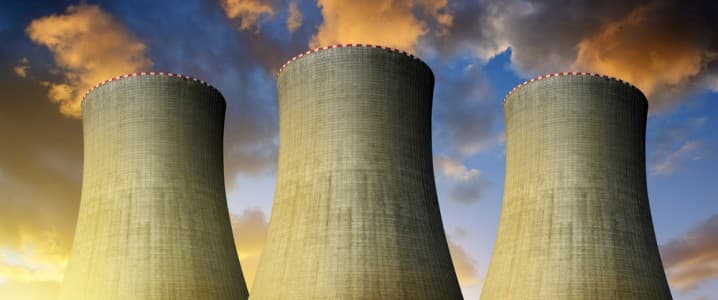In a boon to the UK’s energy security, EDF has announced it would keep four of Britain’s currently five nuclear power plants operating for longer than previously planned.
Following a months-long review, the French energy giant which operates the plants on Wednesday said it would extend operations at Heysham 2 and Torness for two years until March 2030, compared to a previous plan to close these in March 2028.
Two other stations, Heysham 1 and Hartlepool, will see their lifespan extended by a year to March 2027.
All these nuclear sites, built in the 1980s, have already seen one extension as they had been originally planned to close in 2023.
However, EDF has found in the review that it would be safe to prolong their life a little bit more, to keep nuclear power generation in the UK.
The extension is welcome news for the UK’s net-zero goals as it would bridge the gap with the planned Hinkley Point C nuclear power plant in Somerset, which EDF is building. Hinkley Point C is now slated for start of operations in 2030, or 2029 at the earliest, four years than the original timeline.
EDF said on Wednesday that workers building the Hinkley Point C nuclear power station installed Britain’s first new nuclear reactor for more than 30 years. The power station of two reactor units is expected to provide 7% of Britain’s electricity, once it becomes operational, the company said.
“Getting Hinkley up and running to produce clean power for six million homes will be a win for our long-term energy independence, protecting billpayers as we accelerate to net zero,” said Energy Secretary Ed Miliband, commenting on the construction milestone at the station.
Miliband also commented on EDF’s decision to extend the lifespan of four sites.
“We can’t achieve clean power by 2030 without nuclear, which provides an all important steady supply of homegrown clean energy,” the energy secretary said, as carried by the BBC.
By Tsvetana Paraskova for Oilprice.com
More Top Reads From Oilprice.com
